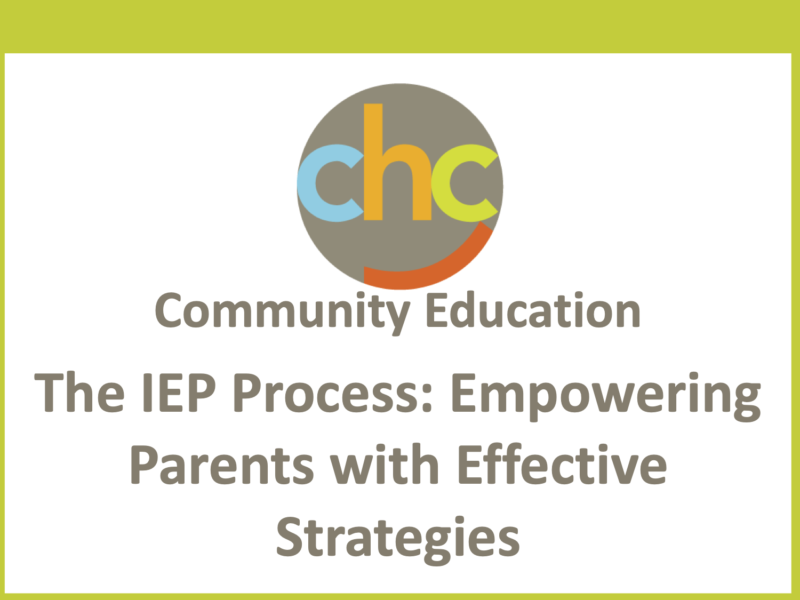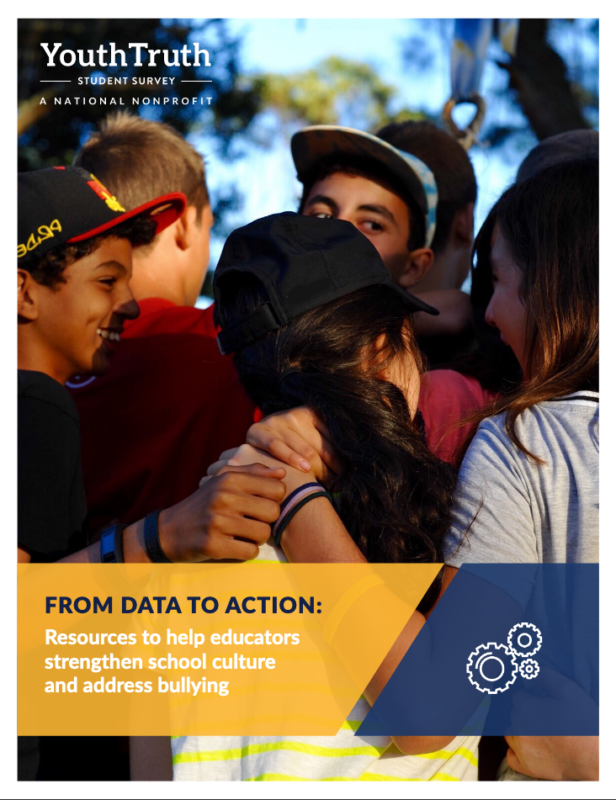
Raising Kids with Dyslexia: Advice from a Mom on a Mission
written by Liza Bennigson, Associate Director of Marketing and Communications When her son, Dylan, was struggling with reading in second grade, Melinda Saunders thought little of it. After all, her older daughter, Alison, had been a late-reader, and Melinda knew Read more >>











